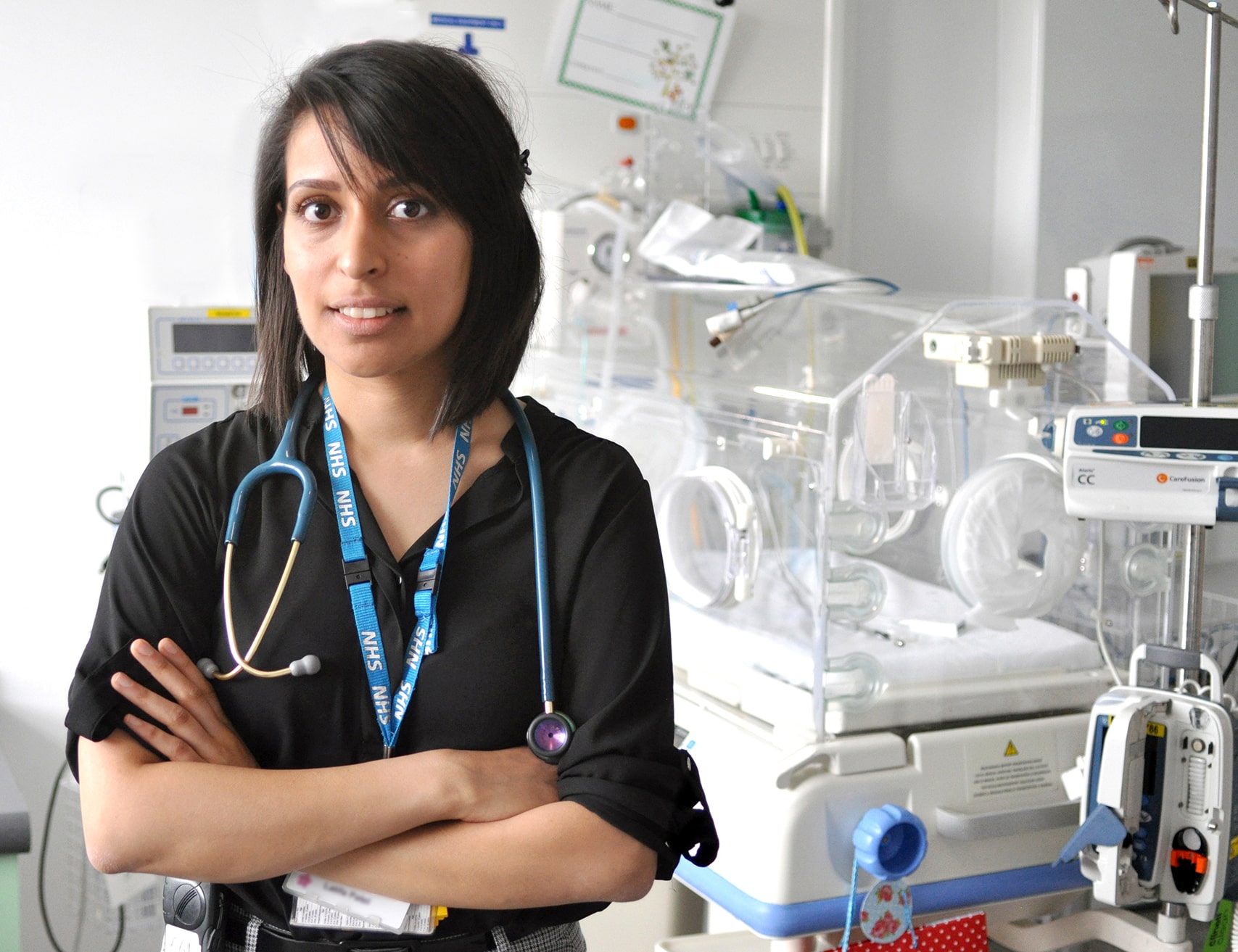In the coming months we will use this column to share our experiences, to discuss the work we are doing at the BMA on your behalf and, we hope, to encourage as much dialogue between ourselves and our members as is possible.
We want to know the issues that matter to you so we can represent you to the very best of our abilities.
This is not an empty pledge, this is a direct call for us all to come together because that is how the BMA can create better workplaces, improve your terms and conditions and improve patient safety and care.
There is, ultimately, only one way we can represent you properly, and that is if you tell us and your BMA what you need. We will be as accessible as possible – please contact us directly at [email protected]
We will listen to you and use your experiences to shape our work.
Helena and Latifa
Widening participation
I believe the most important aspect of my role as representative body chair is to be the servant of the ordinary doctor – to be as accessible as possible to all members of the BMA, and all of the profession.
I want to understand the issues that matter to doctors from all backgrounds and all walks of life.
The experiences I’ve had in my personal life and career give me a platform to try to represent as many people as possible.
I am a vocational doctor and I love being a GP. But I’m also a mum and I think work/life balance is important.
I’ve been a campaigner and have driven change: from fighting against the introduction of student loans to working on the rollout of the New Deal, the shorter working week for doctors on the ground.
I’ve also campaigned around tax-deductible childcare for doctors, having myself struggled to make ends meet and to go out on call while juggling the care of two- and three-year-old children.
And one of the life experiences that really sticks with me is being a student from a comprehensive school when eight in 10 of my undergraduate peers were privately educated.
Widening participation will always be a crucial priority for me.
BMA representative body chair Helena McKeown
Equality matters

I am the first junior doctor and woman of colour to be elected in this role.
It’s taken 188 years for someone like me to be in this position. When you think about the diversity of the NHS and the membership we represent, this isn’t good enough – and there is no doubt it has taken a long time for people from minority and junior backgrounds to get elected into these positions.
There is often a misconception among members that the people in leadership roles in the BMA don’t work on the front line and therefore are not representative, but that’s not true.
I am a full-time, clinical doctor, working as a paediatric respiratory registrar, on the front line alongside my role as your deputy chair of the representative body.
I’m here to tell you that times have changed. There is nothing stopping anyone from stepping up and taking these roles – nothing to stop you taking a leadership position in the BMA so you can use your experiences to represent your colleagues.
And your BMA will support in this role. Nothing would make me feel prouder than other people like me – people who haven’t felt represented before, or people who have felt their clinical roles or their backgrounds would hold them back.
I stood for this position on a manifesto of ‘challenge and change’ and I promise to represent you as best as I can so the BMA can live up to those words.
BMA representative body deputy chair Latifa Patel

